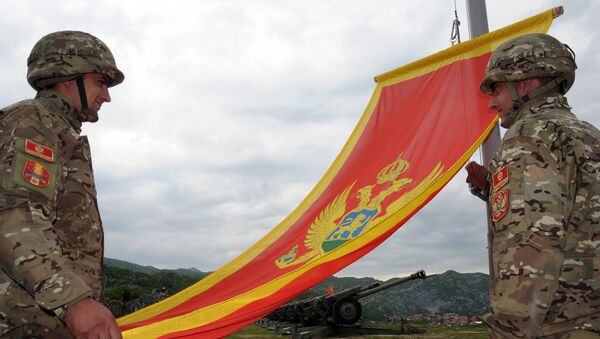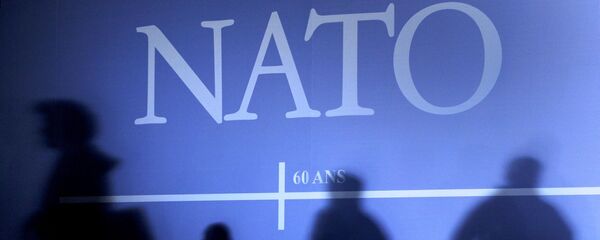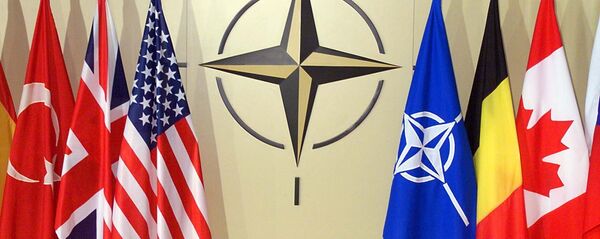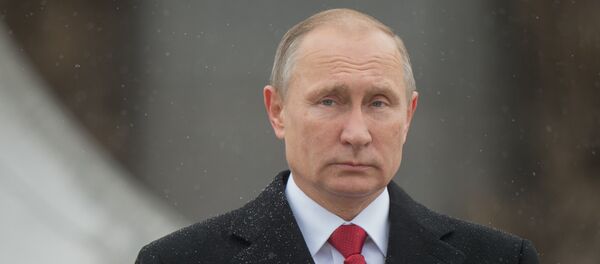On March 28 the US Senate voted in favor of Montenegro's admission into NATO with 97 votes in favor and only two in opposition to the move.
One of those two, Republican Senator Rand Paul, warned Monday that "admitting Montenegro to NATO will do nothing to advance [US] national security and will do everything to simply add another small country to the welfare wagon of NATO."
"The United States is pledged to defend 28 countries in NATO. It is unwise to expand the monetary and military obligations of the United States given the burden of our 20 trillion debt," Paul stressed.
Indeed, according to Reuters, in a letter dated March 7, 2017, Secretary of State Rex Tillerson urged US senators to embrace Montenegro's NATO membership, explaining that it was "strongly in the interests of the United States."
The question then arises as to how the US and NATO may benefit from the small Balkan nation's accession to the military bloc.
According to Mirzayan, it's not about the country's 2,000-strong military force or $4 billion GDP: it's about Montenegro's geographical position and politics.
"Montenegro is interesting not because of its GDP (about four billion dollars) or the army of two thousand people. It is interesting primarily because of its geographical position (port, transport infrastructure), as well as politics," Mirzayan wrote.
The Russian political scientist pointed out that American, European and Ukrainian journalists are now depicting Montenegro's NATO accession as a "much-anticipated victory" over Russia, which was allegedly involved in an attempt to stage a coup in Montenegro last year to ruin the country's aspirations to join the US-led military bloc.
However, the allegations of Moscow's involvement in the reported coup attempt in Montenegro have never been backed by any credible evidence.
"Expanding NATO to include Montenegro will advance US security interests and help protect our allies," US Senator Chris Murphy (D-Conn.) said Tuesday. "Growing and strengthening our transatlantic security alliance is more important now than at any time since the Cold War."
"We've seen that Russia will stop at nothing to grow its sphere of influence in and around Europe, and keeping them at bay will take all hands on deck. Montenegro's membership also sends an important signal that NATO's door remains open to aspiring countries in the face of Russian aggression and interference," Murphy claimed.
In fact, Moscow will lose nothing from Montenegro's entering the alliance: the country's admission to the bloc doesn't pose any threat to Russian borders, he noted.
Still, Russia has repeatedly warned the alliance against further expansion in Europe, citing security concerns.
Addressing the Munich Security Conference back in 2007, Russian President Vladimir Putin predicted that an "uncontained hyper use of military force" by NATO member states coupled with "disdain for the basic principles of international law" will lead to global instability and a surge in violence.
"I think it is obvious that NATO expansion does not have any relation with the modernization of the alliance itself or with ensuring security in Europe," the Russian president stressed. "On the contrary, it represents a serious provocation that reduces the level of mutual trust. And we have the right to ask: against whom is this expansion intended? And what happened to the assurances our western partners made after the dissolution of the Warsaw Pact? Where are those declarations today?" the Russian president asked rhetorically.
"I would like to quote the speech of NATO General Secretary Mr. Woerner in Brussels on May 17 1990. He said at the time that: ‘the fact that we are not ready to place a NATO army outside of German territory gives the Soviet Union a firm security guarantee.' Where are these guarantees?" Putin said.
According to Mirzayan, Russia should continue to raise the issue of NATO's unjustified expansion and further militarization of Europe.
NATO's enlargement poses a serious challenge to world peace and this issue shouldn't be swept under the carpet.
As Russian Ambassador to Serbia Alexander Chepurin remarked Tuesday: "Attempts to push several Balkan nations to NATO, to change their genetic code, without asking the people's opinion — are the issues that destabilize the situation in the Balkans."




